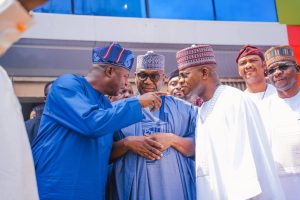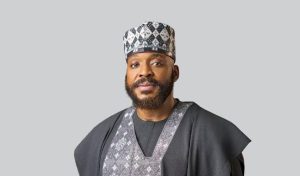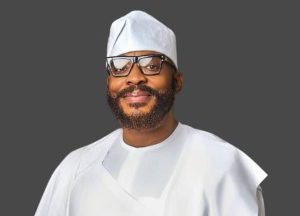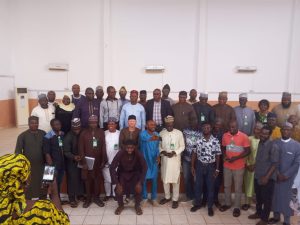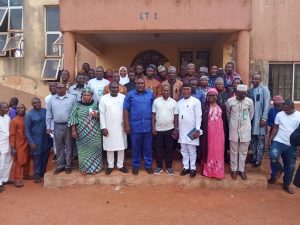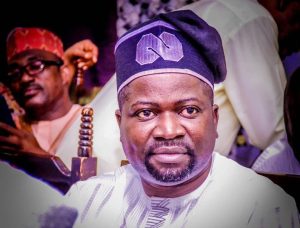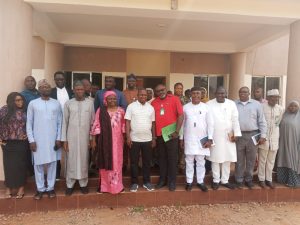Edward Onoja and the Burden of a Public Servant

We live in a society that is genetically wired to hold its officials in high suspicion. We hold firmly to our past grudges that we conveniently put all of them in our judgemental boxes as those who derive pleasure in going back on their words.
When it comes to the matters of public officials, we are a people who ask questions and question answers. We carry a badge of political paranoia that precedes us: it is a rooted part of our collective history and consciousness. Our fathers raised the bar of scrutiny. We sustained it and passed it down to our kin who have continued to uphold it in lockstep with the complexities of the Nigerian system.
But most of our reasons are valid. Most of our officials are guilty as charged that it becomes a wild goose chase to try to exculpate them from the hard fist scrutiny of those they serve: if they are not fingered for not being accountable to the people, they are either enmeshed in allegations of diversion of our commonwealth, or both. Or worse.
Regardless, we are a people who put our leaders in a collective trial box. We assume there is no sacred cow. We hold them in mixed suspicion that it is now far easier to swallow a blatant falsehood about a Nigerian political leader than to believe their innocence. The burden of a public servant is probably why we are not blessed with too many men and women who bear the most genuine intentions seeking to serve.
These complexities introduce an Edward Onoja cut from the cloth of a new generation of public servants that are fast emerging on Nigeria’s political horizon. It announces a man taking the world by storm with his hands in his pockets. Edward Onoja shines as a crossbreed of the private and public sectors bearing cognate experiences from the boardrooms of Nigeria’s critical petroleum and banking sectors.
For many who have been keen observers of his travails, it is easy to tell that Edward Onoja’s stint at active politics wasn’t accidental– in their thoughts, the evident conclusion would be that he was being forged by God and self-will to serve.
Edward Onoja has long chalked up a reputation for himself. He is loyal, passionate, and resourceful. And beyond his track record, experience, capacity, assertiveness, character, and peculiar leadership competence, what he brings into the fray is his visionary and cosmopolitan ideas for Kogi State which separates him from the array of candidates to succeed Governor Yahaya Bello.
Edward Onoja reminds us of the burden of a public servant who finds himself in the murky waters of Nigeria’s troubled politics and our collective scrutiny. How he continues to navigate these troubled waters with graceful ease portends that there’s more to him than meets the eye.
But as the primaries draw near, there comes a time when we must all engage in our soul-searching conversations that require boldness, clarity, and sincerity of purpose– and this is to come to the full awakening that there’s always a glimmer of hope for Kogi State– that while Edward Onoja’s burden is for consolidation, it’s primarily about his lofty vision to leave Kogi State better than he met it.
Illah Michael Ojodomo (Flowerboy) is a Journalist. He writes from Lokoja.

